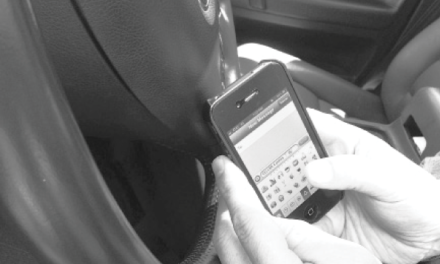To the Editor:
Knowing that I do not support Chick-fil-A, friends have asked both permission and forgiveness for eating Chick-fil-A around me. I’m certainly not going to lose friends over this who clearly were aware of the issue and sensitive to me, and so I didn’t banish them from my life. I did think, however, that it was an important opportunity to have a discussion of what it means to be aware of an issue and then continue to show apathy. We face these dilemmas all the time. I could walk across the parking lot to the post office, or I could get in my car and drive to it. Choose your argument: driving wastes your fuel and money, harms the environment, keeps the country dependent on foreign oil, or keeps you from enjoying a little exercise. The vast majority of us will still choose to drive. Too often convenience and apathy beat out all other arguments in many daily choices we make, especially when that decision has a short-term or minimal impact on our person. But some daily decisions also have an impact on those around us. Each of us shares the responsibility to make decisions not just for ourselves, but also for those in our community. We are lucky to be somewhere that we can discuss symbolism, microaggressions, and other psychological association theories that explain why and how part of our community is harmed by having Chick-fil-A on campus. I don’t blame someone for grabbing the fastest or cheapest thing they can get at Cox, I only wish the option wasn’t Chick-fil-A. I believe Emory students, faculty, staff, and administration have a responsibility to start making more thoughtful decisions that affect our community and take action to remove Chick-fil-A from campus, and more generally, to show less apathy and start demonstrating meaningful engagement in their community.
Daniel Jansen
Masters in Business Administration
Goizueta Business School
The Emory Wheel was founded in 1919 and is currently the only independent, student-run newspaper of Emory University. The Wheel publishes weekly on Wednesdays during the academic year, except during University holidays and scheduled publication intermissions.
The Wheel is financially and editorially independent from the University. All of its content is generated by the Wheel’s more than 100 student staff members and contributing writers, and its printing costs are covered by profits from self-generated advertising sales.





